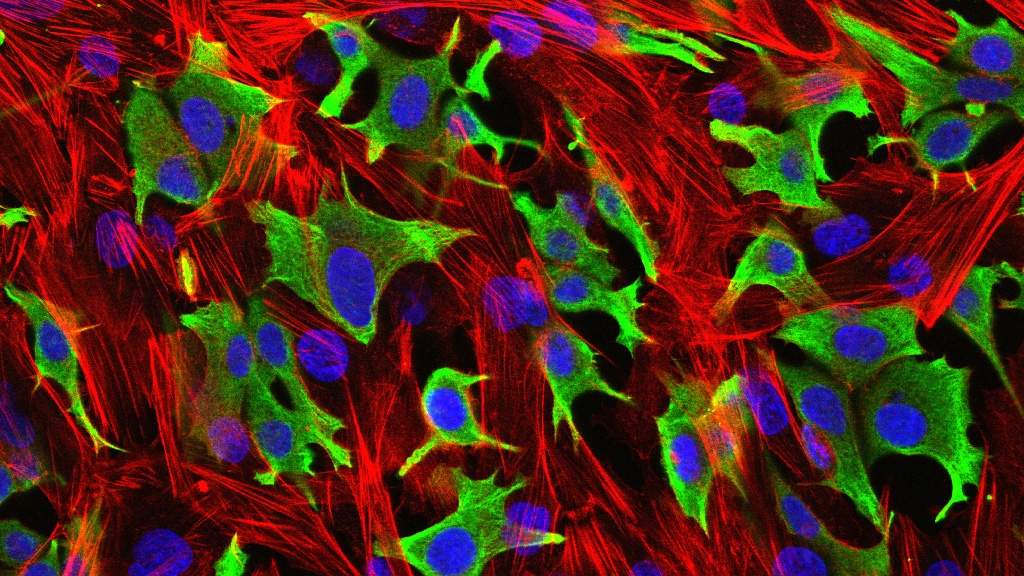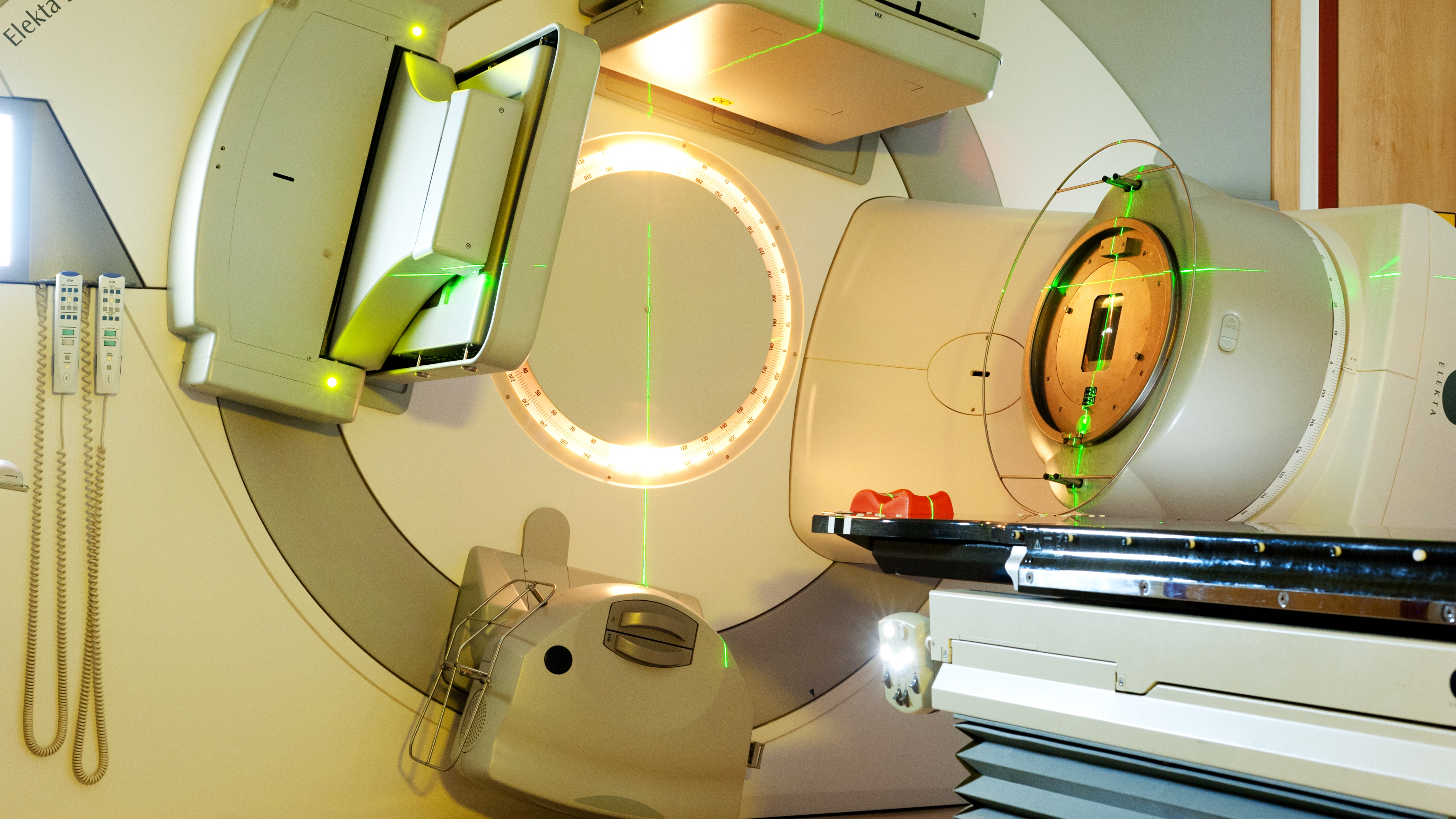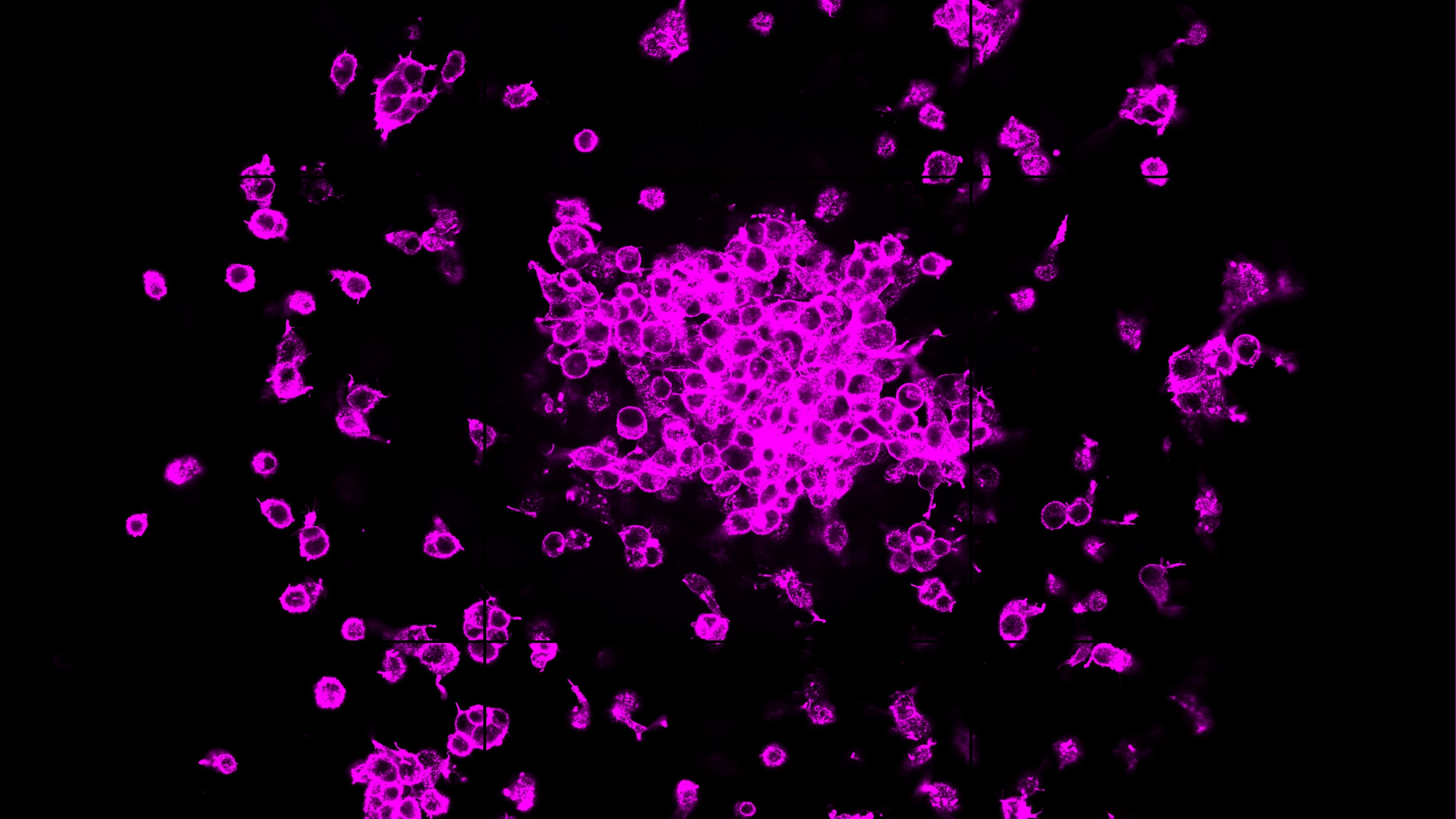Practical and Theoretical Radiotherapy Physics Courses
Course overview
This course provides practical and theoretical education for the support of a modern radiotherapy physics service within radiotherapy.
It is aimed primarily at recently qualified radiotherapy physicists, but should also be invaluable to post-graduate students, researchers, clinical oncologists, engineers, radiographers, manufacturers’ representatives and in fact, anyone needing to deepen or update their understanding of this rapidly evolving field.
The faculty is composed of physicists, clinicians and radiographers, many of whom are internationally renowned for their expertise. Workshops and demonstrations make full use of the facilities of the Radiotherapy and Physics Departments of The Royal Marsden NHS Foundation Trust. The course content is reviewed annually to reflect changes in practice and technology.
Course details
4-8 November 2025: the course in November will be held at our Sutton Site
Course fees
The cost for one week is £800.00. For those wishing to book the complete two weeks, the cost is discounted to £1,350.
External, full-time PhD students with proof of academic registration can book the eight lecture days of both weeks for a total of £700.
For registration details you can email our course secretary.
Contacts
Further details on course content can be obtained from the course organisers:
Tel: +44 (0)20 7808 2506
Fax: +44 (0)20 7808 2522
Tel: +44 (0)20 8661 3475
Fax: +44 (0)20 8643 3812
Latest ICR News

Breast cancer test predicts relapse risk in just two weeks – and could spare thousands of patients from unnecessary treatment
Thousands of women with breast cancer could be spared unnecessary treatment, thanks to a simple test which can identify whether or not their cancer is likely to return – just two weeks after starting treatment.

Targeted radiotherapy just as effective for low-risk breast cancer and reduces risk of side effects
Thousands of women who undergo radiotherapy for low-risk breast cancer could be spared some of the side effects of treatment after a study confirmed that more targeted treatments are just as effective at controlling the disease in the long term.

Scientists discover how to remove skin cancer’s protective armour and stop it spreading
Scientists have uncovered a protein that acts like a ‘suit of armour’ for cancer cells, shielding them from hostile environments and allowing one of the deadliest forms of skin cancer to spread through the body.
-is-malignancy-of-the-esophagus-cancer-of-the-esophagus-ct-with-contrast.jpg?sfvrsn=70ef5f67_1)
New study reveals how oesophageal cancer adapts to treatment
Researchers have tracked how the most common form of oesophageal cancer and its immune environment change during a standard form of treatment – offering vital clues that could shape future therapies, so they work for longer.